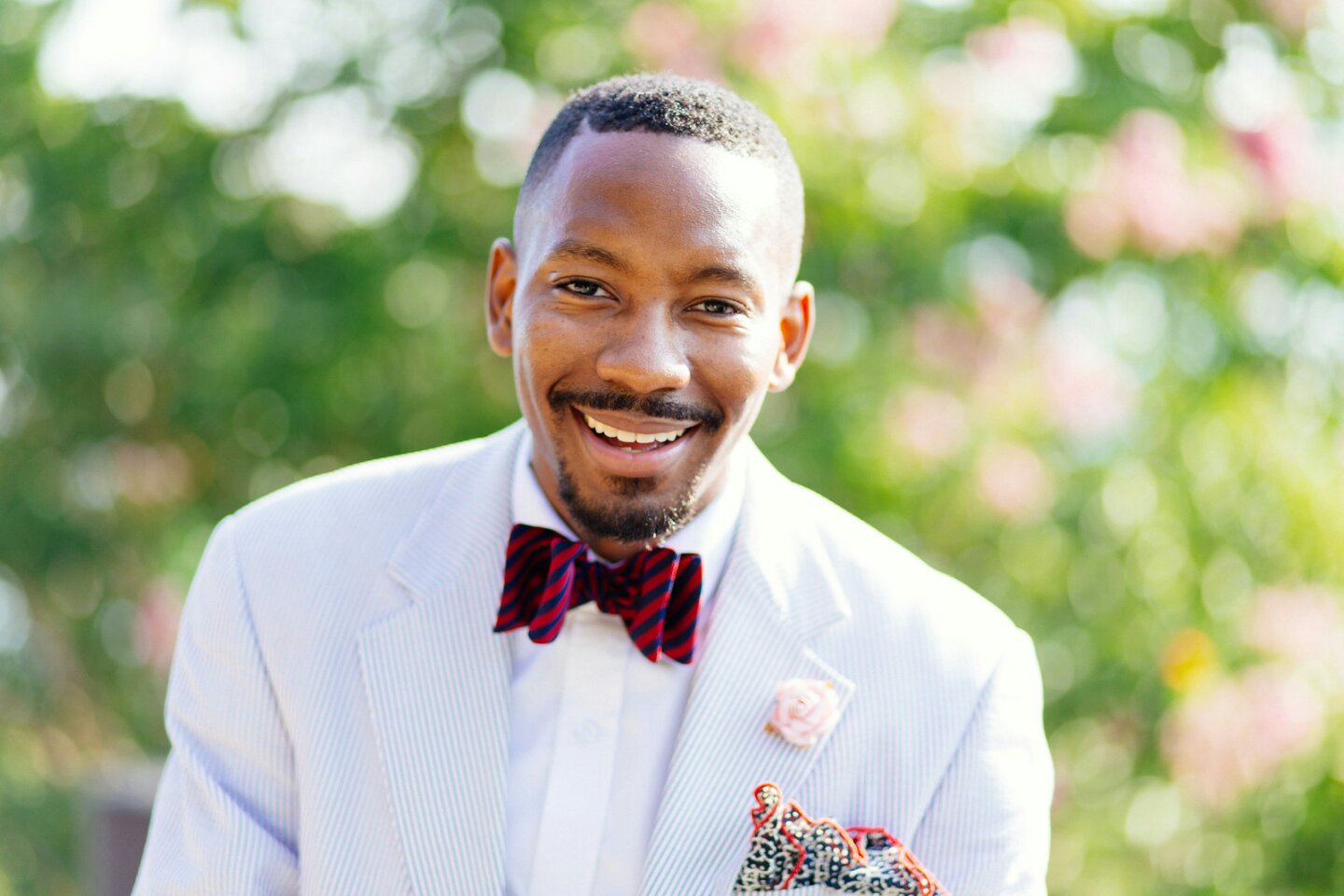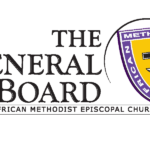Politics, Public Policy, Ethics, and Education: A Right to Holistic Life
By Rev. Quardricos B. Driskell, Columnist
Given all that is politically taking place in our country, the one issue that few are tuning toward is the age-old abortion debate. In herculean efforts to cease abortions, the newly-elected Governor Brain Kemp signed one of the strictest and the toughest abortion law in the country on May 7, 2019. To his campaign promise in my home state, the Georgia State House of Representative and State Senate Committee recently approved the Living Infants Fairness and Equality (LIFE) Act. HHB 481 is also known as the “fetal heartbeat” bill that effectively bans abortions after six weeks. This critical issue stands to affect Georgia and the rest of the country. There are similar bills that have been introduced in state legislatures over the country, including in North Dakota, Kentucky, Ohio, Mississippi, Iowa, and Tennessee.
The issue before Georgia, which represents a microcosm of the national debate, will be played out in America’s highest court. Georgia’s heartbeat bill will confer status on an embryo as a natural person (as early as six weeks) with full legal recognition, which can result in parents claiming embryos as dependents under state law income tax. The embryos would also be counted in the state censuses. The bill is intended to give legal personhood to an unborn child. The rationale, per Roe v. Wade’s Justice Harry Blackmun’s opinion, “If this suggestion of personhood is established, the appellant’s case, of course, collapses, for the fetus‘ right to life would then be guaranteed specifically by…word ‘person,’ as used in the Fourteenth Amendment, does not include the unborn.”
Let us forget for a moment that at the fetal pole rhythmic activity that is termed a heartbeat, the fetus does not have a brain spinal cord or any chance of viability outside the womb. Additionally, banning abortions at this early stage of pregnancy is a threat to a woman’s right to reproductive choice, as well as her health. This is not to eschew the strongly-held and sincerely-believed sentiments of abortion opponents or those who truly believe in life. The individual liberty of pregnant mothers with the right to life of the distinct person living inside them should—at the very least—have a God-given right to live a prosperous life.
As a critique of the abortion debate, “life” seems to only cease at the fetus? The abortion conversation should also include women, children, and the value of life through the child and mother’s life. For instance, Georgia is reported to have one of the highest maternal death rates in the country. Furthermore, some 200,000 children living in poverty. These equally critical issues should be included in the life debate. Also, the law unnecessarily interferes in the provision of medical care to patients, in this case, women.
To be clear, Georgia—nor other states—will not be the final arbiter on abortion if there ever is one. Moreover, my purpose is not to argue the merits of abortion but it is to suggest two things. First, since these states will not write the landmark legal history on abortion in the country, states should leave it to the courts to decide rather than enacting bills that will most likely end up being decided by the courts. If a heartbeat bill were to reach the Supreme Court, which it most certainly does have the potential, it will provide an opportunity to overturn Roe v. Wade, given the court’s political makeup. The best and apt time for any abortion-related law will be after the next landmark decision and not beforehand. Thus, why introduce such measures that will be expensive to legally fight which should give considerable pause to conservative state legislatures? The legal ramifications of these attempts to disperse all ambiguity in defining “life” against intuition even and quickly get to the point of political ethics.
Secondly, the abortion debate is an ethical, moral, and political one. As such, the quality of our conversations around hard wedge and social issues like abortion shapes and reflects the quality of our civility and democracy. Ethically, these kinds of legislative efforts are often seen as bizarre in their determination to find “appropriate” ways of evading central issues of ethical and moral debate with pseudo-scientific premises and represent, essentially, a subliminal drive toward theocracy. How do we talk with one another with our political win and agenda in mind? The goals should never be to impose artificial civility but to create an honest conflict that may never come to a resolution but ensures democracy thrives.
In the end, state legislatures will not decide the abortion debate nor will our deeply held beliefs about the matter dissipate. We must persist in defending life as a constitutional and natural right but also in asserting a woman’s right to her body and choice. Where is the medium for our country? The courts will decide.
The Rev. Quardricos Bernard Driskell is a federal lobbyist, adjunct professor of religion and politics at the George Washington University Graduate School of Political Management, and pastor of the historic Beulah Baptist Church in Alexandria, Virginia. Follow him on Twitter @q_driskell4.





